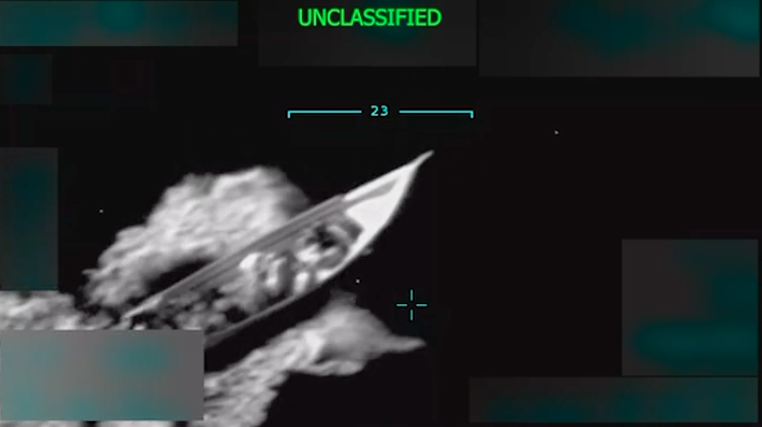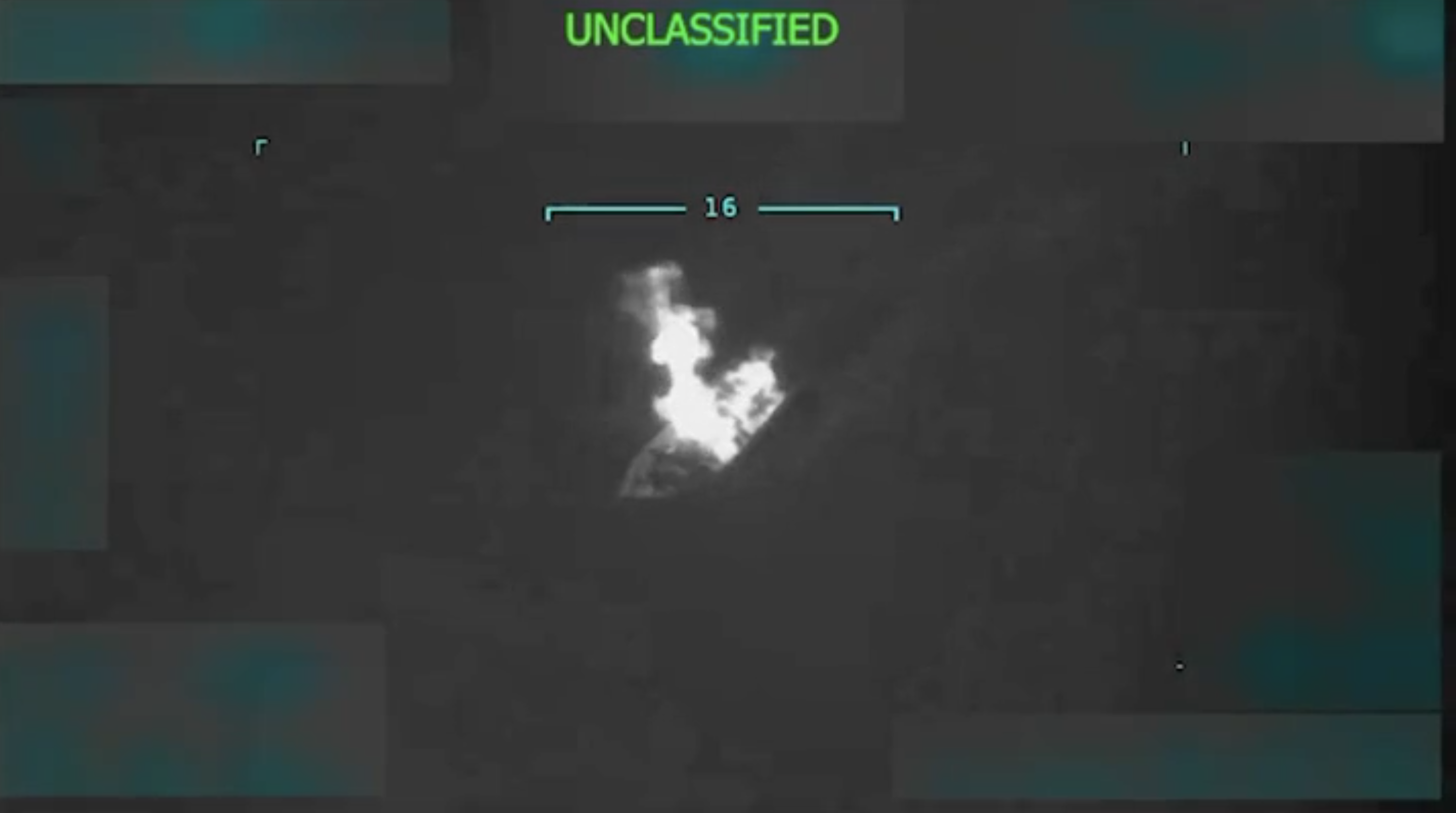UN Secretary-General Explicitly Invokes Article 99 Regarding Situation in Gaza
A UN secretary-general has not explicitly invoked Article 99, described as the secretary-general’s “most powerful tool,” since 1989.
On Dec. 6, United Nations Secretary-General António Guterres took the rare step to invoke explicitly a UN Charter provision to press the Security Council to call for a humanitarian ceasefire in the Israel-Hamas War. Article 99, found in Chapter XV of the UN Charter, allows the secretary-general to raise to the UN Security Council matters that “in his opinion, may threaten the maintenance of international peace and security.” Past secretaries-general have both explicitly and implicitly used Article 99 powers to raise issues to the Security Council, but the last time it was expressly invoked was in 1989, in a letter by then-Secretary General Pérez de Cuéllar to the Security Council regarding the situation in Lebanon.
Though Article 99 does not immediately result in direct action from the UN or the Security Council, it could present the Security Council with an impetus to revisit previously failed draft resolutions regarding the situation in Gaza, including one that would have called for a ceasefire, if not for a U.S. veto. It is currently scheduled to meet on Dec. 8 to discuss Guterres's invocation.
In his letter to the Security Council, Guterres condemns the atrocities committed by Hamas and other Palestinian groups since Oct. 7 against Israeli citizens, noting the hostages that remain in Hamas custody and writing that accounts of sexual assaults during the attack “are appalling.” He says that he expects public order in Gaza to “completely break down” imminently due to “constant bombardment” by the Israel Defense Forces. Meanwhile, Guterres writes the people of Gaza don’t have “shelter or the essentials to survive”: around 80 percent of Gaza’s 2.2 million people have already been displaced, and more than 15,000 civilians in Gaza had been killed since the war began, 40 percent of them children.
“There is no effective protection of civilians,” he writes of the current situation.
Guterres maintains that, because of these circumstances, even limited amounts of humanitarian assistance may soon be undeliverable to the area. Assistance through the Egyptian side of the Rafah border crossing resumed after the temporary ceasefire that Israel and Hamas observed from Nov. 24 to Nov. 30. However, Guterres writes that supplies are dwindling, and that UN humanitarian partners have begun evacuating with civilians to southern Gaza, making it harder to reach people in need.
“The international community has a responsibility to use all its influence to prevent further escalation and end this crisis,” writes Guterres, advocating that a ceasefire is the only way to restore “the means of survival” in Gaza.
This is Guterres’s first time explicitly invoking Article 99 as Secretary General, though he did write a similar kind of letter, presumably under Article 99 powers, to the Security Council in 2017 regarding his concerns on the situation in Myanmar. Though not yet invoked by Guterres, United Nations bodies have interpreted Article 99 to include the secretary-general’s right to initiate fact-finding missions, enact investigative commissions, and offer mediation.
You can read Guterres’s letter here or below:




